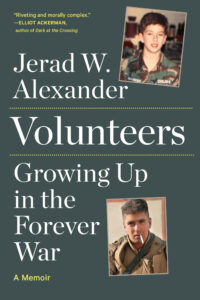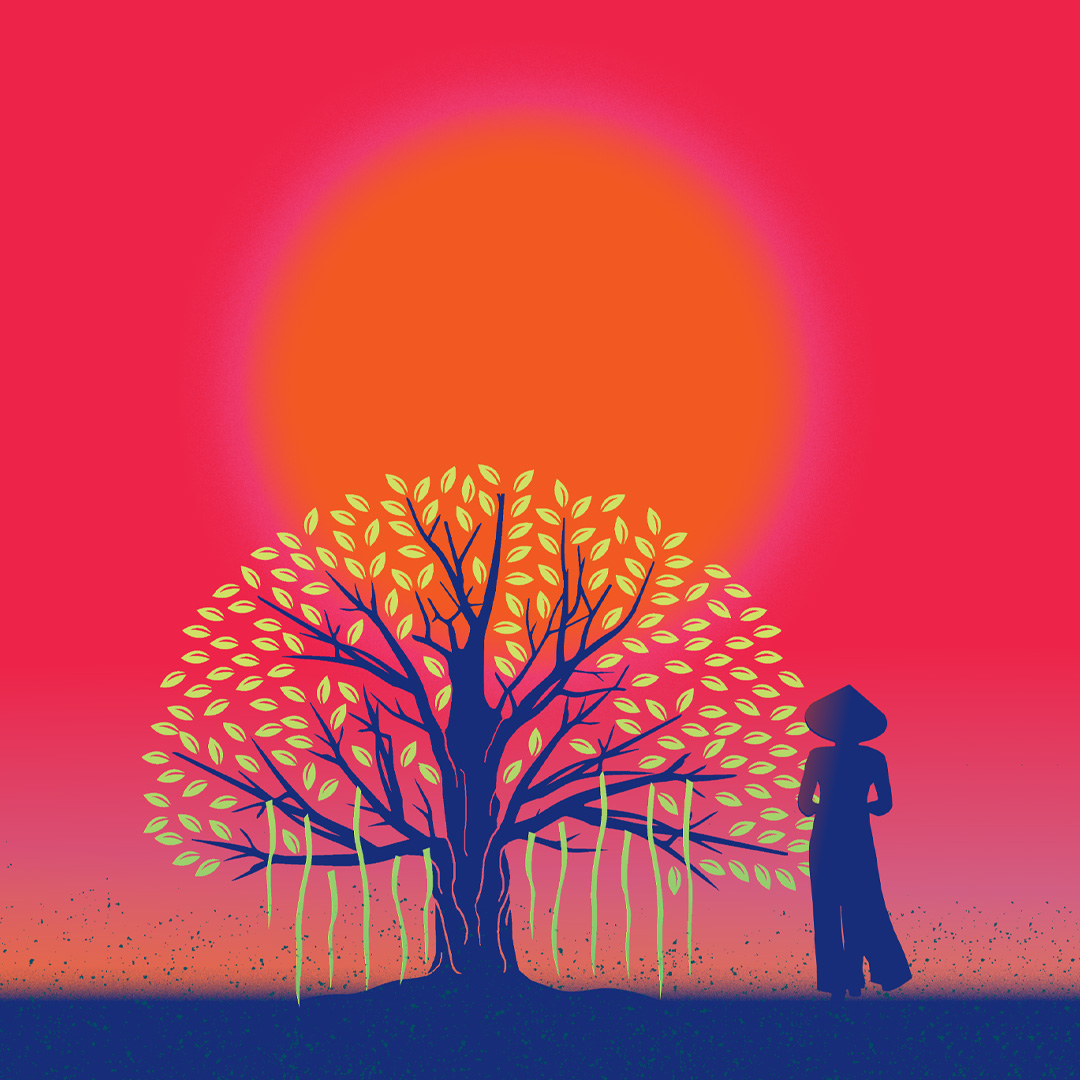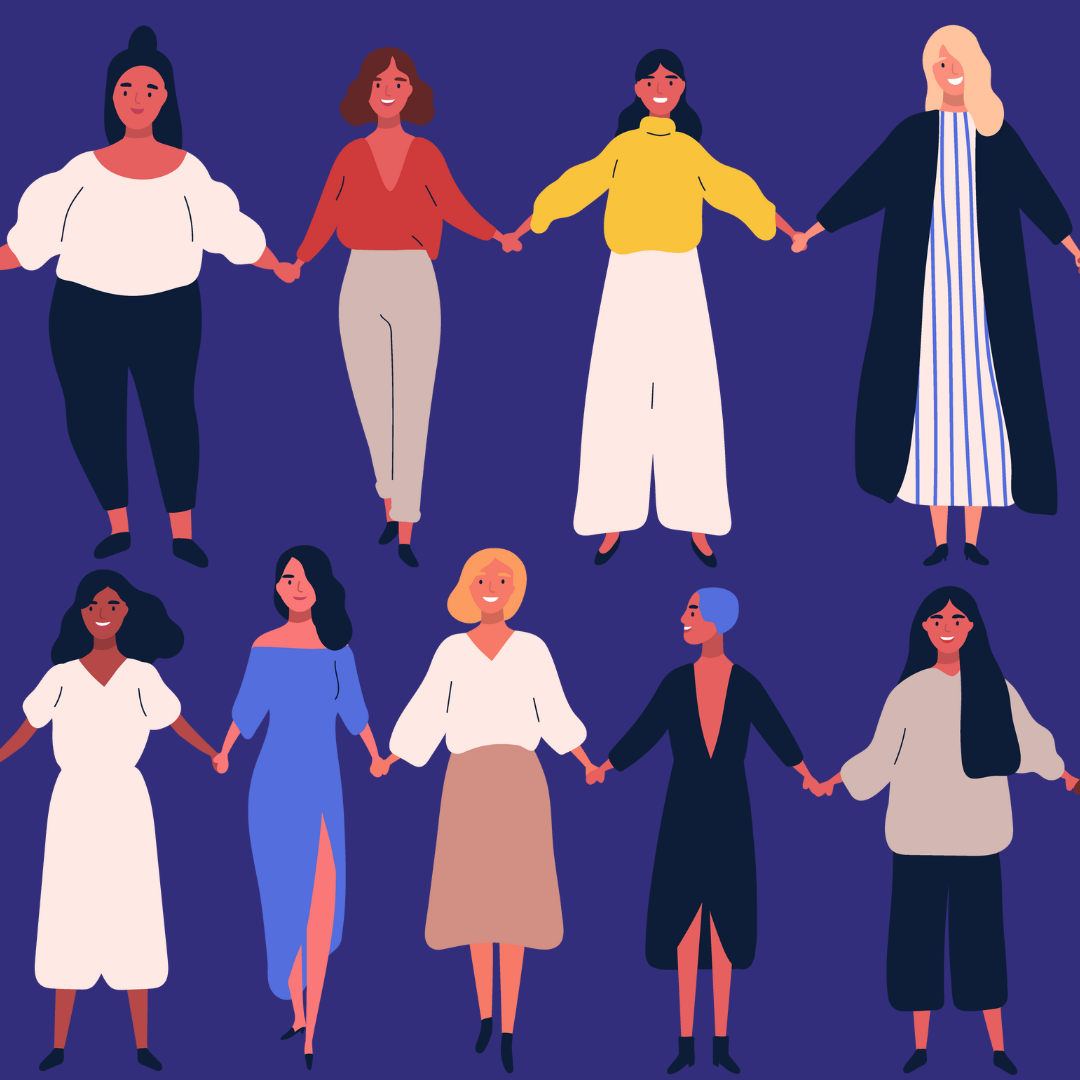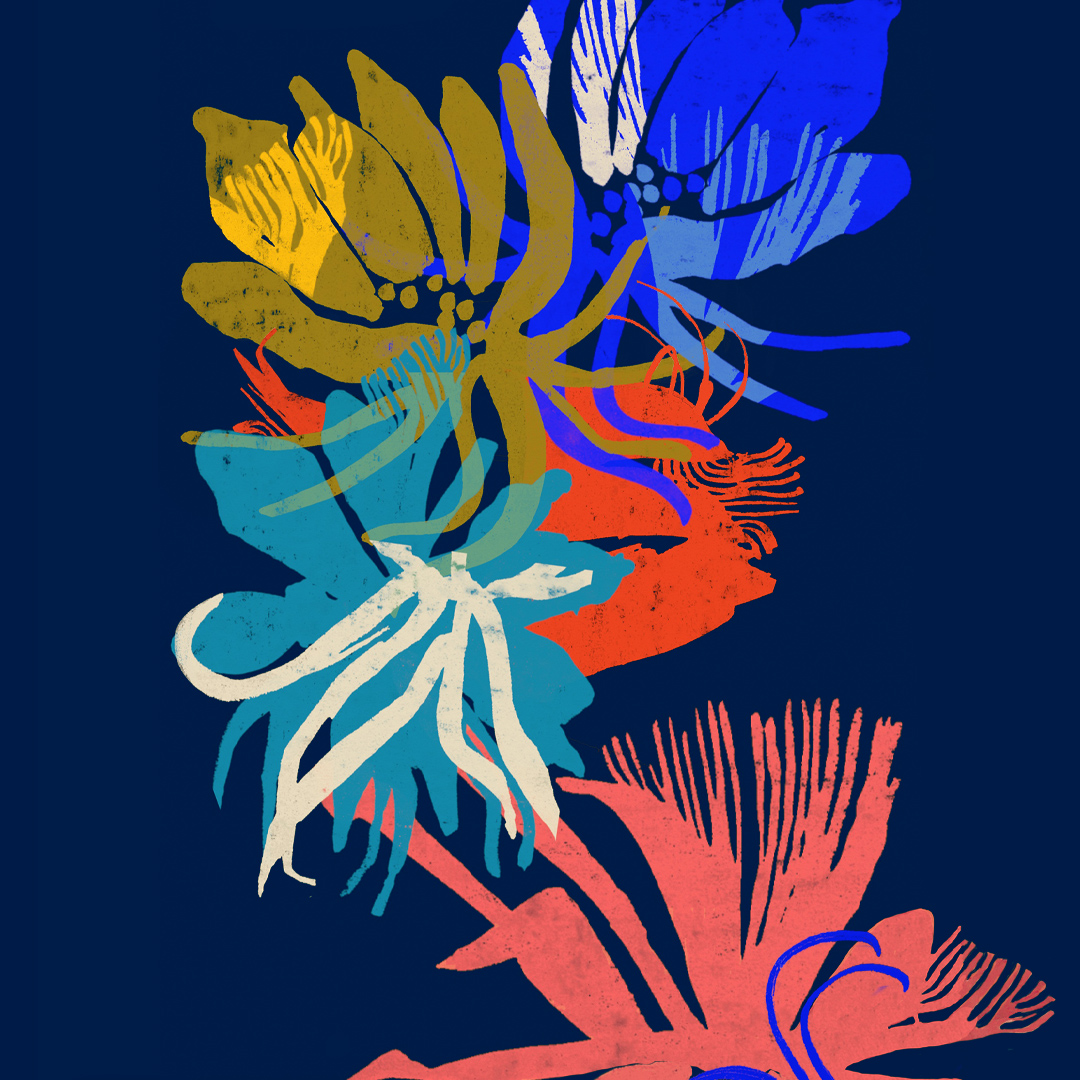Fabulous Nonfiction for Fall
September is here and chilly Fall weather is right around the corner. As you start to break out your sweaters and blankets, pick up a few of these fabulous nonfiction books to cozy up with this Fall season!
Somewhere Sisters by Erika Hayasaki
Identical twins Isabella and Hà were born in Vietnam and raised on opposite sides of the world, each knowing little about the other’s existence, until they were reunited as teenagers, against all odds.
The twins were born in Nha Trang, Vietnam, in 1998, where their mother struggled to care for them. Hà was taken in by their biological aunt, and grew up in a rural village, going to school, and playing outside with the neighbors. They had sporadic electricity and frequent monsoons. Hà’s twin sister, Loan, spent time in an orphanage before a wealthy, white American family adopted her and renamed her Isabella. Isabella grew up in the suburbs of Chicago, with a nonbiological sister, Olivia, also adopted from Vietnam. Isabella and Olivia attended a predominantly white Catholic school, played soccer, and prepared for college.
But when Isabella’s adoptive mother learned of Isabella’s biological twin back in Vietnam, all of their lives changed forever. Award-winning journalist Erika Hayasaki spent years and hundreds of hours interviewing each of the birth and adoptive family members and tells the girls’ incredible story from their perspectives, challenging conceptions about adoption and what it means to give a child a good life. Hayasaki contextualizes the sisters’ experiences with the fascinating and often sinister history of twin studies, the nature versus nurture debate, and intercountry and transracial adoption, as well as the latest scholarship and conversation surrounding adoption today, especially among adoptees.
Fatty Fatty Boom Boom by Rabia Chaudry
From the bestselling author and host of the wildly popular Undisclosed podcast, a warm, intimate memoir about food, body image, and growing up in a loving but sometimes oppressively concerned Pakistani immigrant family.
“My entire life I have been less fat and more fat, but never not fat.” According to family lore, when Rabia Chaudry’s family returned to Pakistan for their first visit since moving to the United States, two-year-old Rabia was more than just a pudgy toddler. Dada Abu, her fit and sprightly grandfather, attempted to pick her up but had to put her straight back down, demanding of Chaudry’s mother: “What have you done to her?” The answer was two full bottles of half-and-half per day, frozen butter sticks to gnaw on, and lots and lots of American processed foods.
And yet, despite her parents plying her with all the wrong foods as they discovered Burger King and Dairy Queen, they were highly concerned for the future for their large-sized daughter. How would she ever find a suitable husband? There was merciless teasing by uncles, cousins, and kids at school, but Chaudry always loved food too much to hold a grudge against it. Soon she would leave behind fast food and come to love the Pakistani foods of her heritage, learning to cook them with wholesome ingredients and eat them in moderation. At once a love letter (with recipes) to fresh roti, chaat, chicken biryani, ghee, pakoras, shorba, parathay and an often hilarious dissection of life in a Muslim immigrant family, Fatty Fatty Boom Boomis also a searingly honest portrait of a woman grappling with a body that gets the job done but that refuses to meet the expectations of others.
Chaudry’s memoir offers readers a relatable and powerful voice on the controversial topic of body image, one that dispenses with the politics and gets to what every woman who has ever struggled with weight will relate to.
Inciting Joy by Ross Gay
In these gorgeously written and timely pieces, prize-winning poet and author Ross Gay considers the joy we incite when we care for each other, especially during life’s inevitable hardships. Throughout Inciting Joy, he explores how we can practice recognizing that connection, and also, crucially, how we expand it.
In “We Kin” he thinks about the garden (especially around August, when the zucchini and tomatoes come on) as a laboratory of mutual aid; in “Share Your Bucket” he explores skateboarding’s reclamation of public space; he considers the costs of masculinity in “Grief Suite”; and in “Through My Tears I Saw,” he recognizes what was healed in caring for his father as he was dying.
In an era when divisive voices take up so much air space, Inciting Joy offers a vital alternative: What might be possible if we turn our attention to what brings us together, to what we love? Full of energy, curiosity, and compassion, Inciting Joy is essential reading from one of our most brilliant writers.
The Book of Delights by Ross Gay
The New York Times bestselling book of essays celebrating ordinary delights in the world around us by one of America’s most original and observant writers, award-winning poet Ross Gay.
In The Book of Delights, one of today’s most original literary voices offers up a genre-defying volume of lyric essays written over one tumultuous year. The first nonfiction book from award-winning poet Ross Gay is a record of the small joys we often overlook in our busy lives. Among Gay’s funny, poetic, philosophical delights: a friend’s unabashed use of air quotes, cradling a tomato seedling aboard an airplane, the silent nod of acknowledgment between the only two black people in a room. But Gay never dismisses the complexities, even the terrors, of living in America as a black man or the ecological and psychic violence of our consumer culture or the loss of those he loves. More than anything else, though, Gay celebrates the beauty of the natural world–his garden, the flowers peeking out of the sidewalk, the hypnotic movements of a praying mantis.
The Book of Delights is about our shared bonds, and the rewards that come from a life closely observed. These remarkable pieces serve as a powerful and necessary reminder that we can, and should, stake out a space in our lives for delight.
Pump by Bill Schutt
In this lively, unexpected look at the hearts of animals—from fish to bats to humans—American Museum of Natural History zoologist Bill Schutt tells an incredible story of evolution and scientific progress.
We join Schutt on a tour from the origins of circulation, still evident in microorganisms today, to the tiny hardworking pumps of worms, to the golf-cart-size hearts of blue whales. We visit beaches where horseshoe crabs are being harvested for their blood, which has properties that can protect humans from deadly illnesses. We learn that when temperatures plummet, some frog hearts can freeze solid for weeks, resuming their beat only after a spring thaw. And we journey with Schutt through human history, too, as philosophers and scientists hypothesize, often wrongly, about what makes our ticker tick. Schutt traces humanity’s cardiac fascination from the ancient Greeks and Egyptians, who believed that the heart contains the soul, all the way up to modern-day laboratories, where scientists use animal hearts and even plants as the basis for many of today’s cutting-edge therapies.
The Genome Defense by Jorge L. Contreras
In this riveting, behind-the-scenes courtroom drama, a brilliant legal team battles corporate greed and government overreach for our fundamental right to control our genes.
When attorney Chris Hansen learned that the U.S. government was issuing patents for human genes to biotech companies, his first thought was, How can a corporation own what makes us who we are? Then he discovered that women were being charged exorbitant fees to test for hereditary breast and ovarian cancers, tests they desperately needed—all because Myriad Genetics had patented the famous BRCA genes. So he sued them.
Jorge L. Contreras, one of the nation’s foremost authorities on human genetics law, has devoted years to investigating the groundbreaking civil rights case known as AMP v. Myriad. In The Genome Defense, Contreras gives us the view from inside as Hansen and his team of ACLU lawyers, along with a committed group of activists, scientists, and physicians, take their one-in-a-million case all the way to the U.S. Supreme Court. Contreras interviewed more than a hundred key players involved in all aspects of the case—from judges and policy makers to ethicists and genetic counselors, as well as cancer survivors and those whose lives would be impacted by the decision—expertly weaving together their stories into a fascinating narrative of this pivotal moment in history.
The Genome Defense is a powerful and compelling story about how society must balance scientific discovery with corporate profits and the rights of all people.
Volunteers by Jerad W. Alexander
As a child, Jerad Alexander lay in bed listening to the fighter jets take off outside his window and was desperate to be airborne. As a teenager at an American base in Japan, he immersed himself in war games, war movies, and pulpy novels about Vietnam. Obsessed with all things military, he grew up playing with guns, joined the Civil Air Patrol for the uniform, and reveled in the closed and safe life “inside the castle,” within the embrace of the armed forces, the only world he knew or could imagine. Most of all, he dreamed of enlisting—like his mother, father, stepfather, and grandfather before him—and playing his part in the Great American War Story.
He joined the US Marines straight out of high school, eager for action. Once in Iraq, however, he came to realize he was fighting a lost cause, enmeshed in the ongoing War on Terror that was really just a fruitless display of American might. The myths of war, the stories of violence and masculinity and heroism, the legacy of his family—everything Alexander had planned his life around—was a mirage.
Alternating scenes from childhood with skirmishes in the Iraqi desert, this original, searing, and propulsive memoir introduces a powerful new voice in the literature of war. Jerad W. Alexander—not some elite warrior, but a simple volunteer—delivers a passionate and timely reckoning with the troubled and cyclical truths of the American war machine.












